From London’s endless club variety to Belgrade’s floating river parties, Europe’s top nightlife cities each offer distinct thrills. This guide ranks the ten best –…


Algeria occupies a swath of North Africa that stretches from the Mediterranean coast to the heart of the Sahara. Its northern margin meets the sea in a series of rocky promontories and narrow plains, beyond which the land rises to two parallel mountain ranges, the Tell Atlas and Saharan Atlas. South of these ridges, a vast plain gives way to dunes and gravel plateaus until the terrain flattens into the sand seas of the central Sahara. At 2,381,741 km², Algeria ranks as Africa’s largest country and the world’s tenth by area. Its borders touch six nations—Tunisia, Libya, Niger, Mali, Mauritania and Morocco—and a contested frontier with Western Sahara. In the far north, Algiers perches on a steep headland above its harbor, while Oran, Constantine and Annaba lie along the coast at strategic river mouths or cliffed bays.
Human presence in this land reaches back to prehistoric times, when North African hunter-gatherers left rock art in the Tassili n’Ajjer highlands. Phoenician traders later founded coastal outposts, which Roman armies transformed into towns such as Tipasa and Timgad. Vandals and then Byzantines held sway briefly before the spread of Arab Muslim dynasties from the eighth century onward. Arab tribes and Berber groups both lent their customs and language to the emerging society. In 1516, corsair captains based at Algiers secured nominal allegiance to the Ottoman Porte, establishing a regency that endured until French forces landed in 1830. French colonial rule, imposed officially in 1848, brought large-scale settler immigration, the expropriation of land and outbreaks of famine and plague that halved parts of the indigenous population by 1903. Resistance culminated in a war for independence launched in 1954; after eight years of combat, Algeria achieved sovereignty in 1962. A decade later, political strife plunged the nation into an armed conflict that claimed tens of thousands of lives before concluding in the early 2000s.
Today, Algeria’s population of roughly 44 million concentrates almost entirely north of the Tell Atlas. A semi-arid belt marks the transition from humid coastal woodlands—where annual rainfall may reach 1 000 mm in the east—to a steppelike zone yielding less than 400 mm per year. Further south, annual precipitation falls below 100 mm and dunes drift in winds that in summer can push daytime temperatures above 43 °C and drop sharply at night. Mount Tahat, in the Hoggar Mountains of southern Algeria, rises to 3 003 m and punctuates the desert skyline with granite peaks. A scattering of oases hosts Berber and Tuareg communities that maintain pastoral traditions alongside settled agriculture.
Algeria divides its territory into 58 provinces, or wilayas, each named after its administrative center. These range from the vast desert jurisdiction of Tamanrasset, covering over 550 000 km² but home to fewer than 200 000 residents, to Algiers, the country’s smallest but most densely populated province. Below the wilaya level, districts (daïras) and communes administer local services in 1 541 municipalities. Recent reforms enlarged the provincial roster to improve governance in remote regions.
Officially bilingual since a 2016 constitutional amendment, Algeria recognizes Modern Standard Arabic and Tamazight. Colloquial Algerian Arabic, enriched by Berber and French loanwords, serves as the lingua franca. Berber languages—chiefly Kabyle in the north-central mountains and Chaoui in the northeast—retain local media and educational outlets. French remains widespread in administration, higher education and the press despite lacking formal status; as many as 60 percent of Algerians speak or understand it. English usage grows in academic and business circles, with plans to introduce it at the primary level.
Sunni Islam shapes daily life for 99 percent of the population, its observances woven into the national calendar. Algeria’s cultural inheritance spans from the early Christian theologian Augustine of Hippo, born near present-day Souk Ahras, to the twentieth-century writers Albert Camus, Kateb Yacine and Assia Djebar. Frantz Fanon and Malek Bennabi contributed to decolonial theory, while Emir Abdelkader led resistance against French invasion. In cinema and literature, creators shifted after independence from narratives of war and liberation toward explorations of urban life, social change and personal identity.
The economy rests largely on hydrocarbon extraction. Algeria ranks sixteenth globally in oil reserves and ninth in natural gas. Sonatrach, the state-owned oil company, commands exploration, production and export operations, supplying a quarter of Europe’s gas imports at times. High energy revenues have built foreign exchange reserves exceeding US $170 billion and funded a stabilization fund, though heavy public spending and a narrow revenue base expose the budget to price swings. A World Bank report in June 2024 elevated Algeria to upper-middle-income status after decades of state-led development. The government maintains majority ownership in key industries, curbs foreign investment, and until recently paused privatization of state enterprises. Efforts to diversify into manufacturing, tourism and services have proceeded slowly, hindered by bureaucratic inertia and infrastructure gaps. Youth unemployment and housing shortages persist as pressing challenges.
Transportation infrastructure reflects both coastal concentration and desert sprawl. Algeria boasts roughly 180 000 km of roads, the densest network in Africa, yet the East-West Highway under construction promises to link Tlemcen near the Moroccan border to Annaba on the Tunisian frontier via a 1 216-km expressway. The Trans-Sahara Highway, fully paved through Algerian territory, extends southward to Niger, opening corridors for transcontinental trade. Railway lines serve the northern belt, while airports at Algiers, Oran and Constantine connect regional capitals domestically and to Europe and the Middle East.
Demographically, Algeria has grown from four million in 1900 to over 45 million by 2025. Urbanization has accelerated since the mid-twentieth century, with more than 90 percent of residents living in cities or towns along the coast. Approximately 28 percent of the population falls below age fifteen, creating demands on education and employment systems. Minority communities include Sahrawi refugees in camps near Tindouf, numbering up to 165 000, and smaller groups of Palestinians and sub-Saharan Africans. A diaspora in France exceeds 1.7 million, reflecting historic ties.
Culinary practices mirror Algeria’s layered past. Meals center on cereals such as semolina, prepared as couscous with stewed meats and vegetables. Flatbreads bake in communal ovens; olive oil, originating from coastal groves, flavors salads and tagines. Dishes carry Berber, Arab, Ottoman and French influences, and coastal towns serve fish stews enriched with harissa or preserved lemons. Tea ritualizes hospitality, poured in slender glasses beside plates of dates or baklava.
Algeria belongs to the African Union, Arab League, Organisation of Islamic Cooperation and OPEC. Its military ranks among the continent’s largest, with defence spending second only to Egypt in Africa. Regional initiatives seek economic integration in the Maghreb, though border closures with Morocco reflect enduring diplomatic strains. At home, political life comprises a semi-presidential system under a constitution that has evolved since independence, while civil society and youth movements advocate incremental reform.
In each stratum—geographic, demographic, cultural, economic—Algeria presents contrasts of abundance and constraint. Fertile mountain slopes and vibrant coastal settlements give way to some of the world’s driest expanses. A wealth of hydrocarbons coexists with ambitions to broaden the economic base. Centuries of cultural layering endure in language, architecture and custom. Navigating these tensions shapes Algeria’s path in the twenty-first century.
Currency
Founded
Calling code
Population
Area
Official language
Elevation
Time zone
Table of Contents
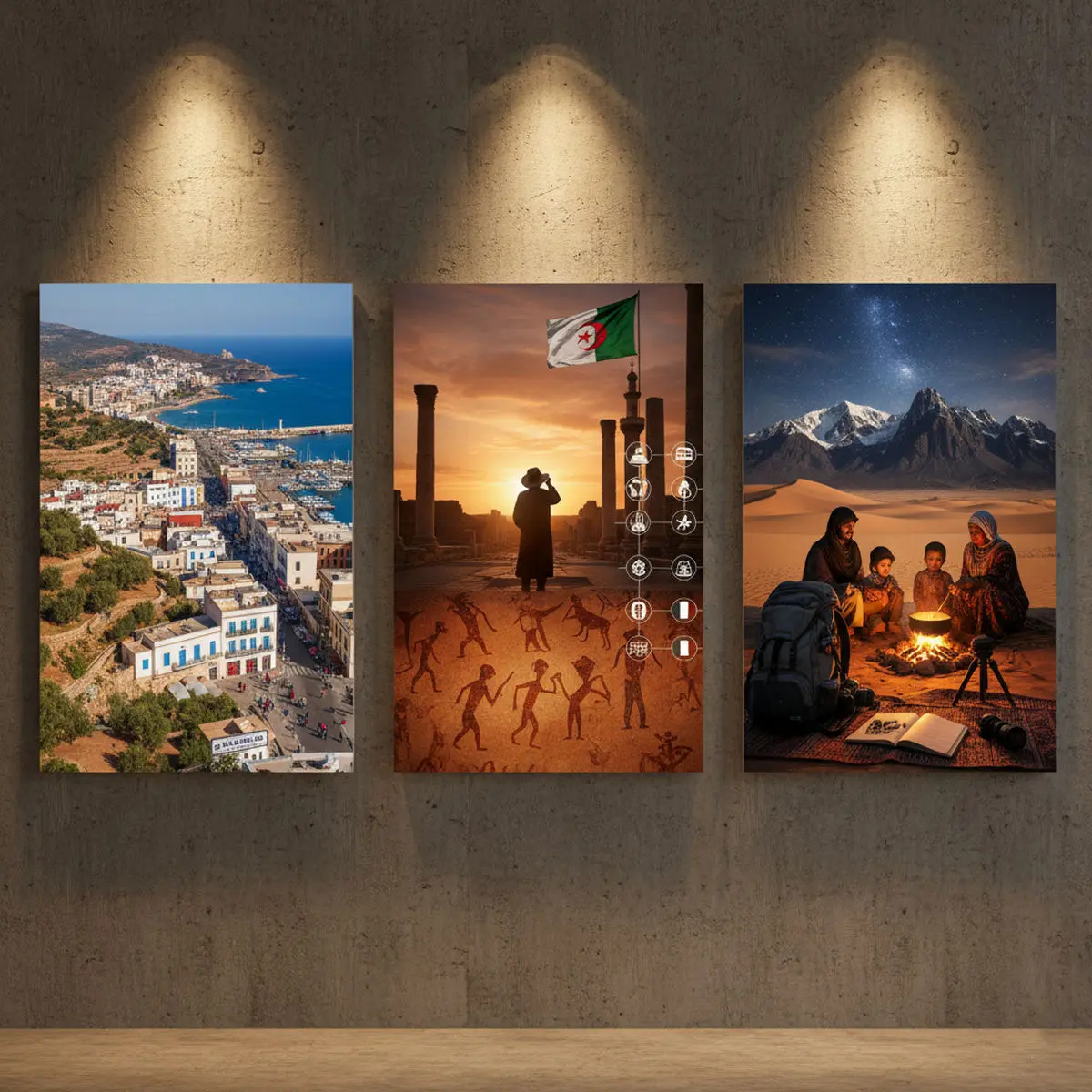
Algeria is Africa’s largest country, a mosaic of sweeping landscapes and layered history. It is a land of ancient Roman ruins, Ottoman citadels, and vast deserts rarely seen by outsiders. In the last few years, Algerian authorities have begun actively promoting tourism. New hotels are rising, historic sites are being restored, and the government has pledged to attract 12 million visitors by 2030 — roughly four times today’s level. Yet much of Algeria remains under the travel radar.
This off-the-beaten-path status can be a draw for adventurous travelers. Algiers, the capital, still feels almost unspoiled by mass tourism: narrow alleys climb a fortified hill (the Casbah), French-colonial boulevards line the bay, and street cafés brim with espresso and shisha smoke. Inland lie a string of archaeological treasures: Tipasa’s seaside ruins, the hilltop Berber city of Timgad, and mosaiced streets at Djémila stand nearly alone among the olive groves. Southeast of the Atlas range, the ground opens into the Sahara: red-sand dunes, otherworldly rock formations in Tassili n’Ajjer, and camel caravans at twilight.
For curious travelers, Algeria’s timing is propitious. Morocco and Tunisia draw the crowds, but Algeria offers something different — familiar North African culture combined with places that feel undiscovered. This guide is aimed at readers seeking a complete picture: it will explain the visa process, clarify safety zones, outline transport options, and suggest routes that blend UNESCO heritage with Saharan adventure. In short, it is a bridge between Algeria’s hidden riches and your itinerary, giving you the confidence to explore this vast and fascinating land.


Algeria is often portrayed in stark terms by official advisories, but actual risk depends on where you travel. The U.S. Department of State currently places Algeria at Level 2 (Exercise Increased Caution). In practice, this means normal precautions should suffice in major towns. Algiers, Oran, Constantine and other city centers have heavy police presence and see mostly routine crime. Petty theft can occur (especially in crowded markets), so use hotel safes for valuables, but violent crime against tourists is unusual.
The real dangers lie along the borders and in the deep desert. Travel advisories specifically warn against the eastern and southern border zones (near Libya, Niger, Mali, and Mauritania), where sporadic militant activity and kidnapping have occurred. The Sahara Desert is also listed as a Do-Not-Travel area in policy terms. In practical terms, this means solo overland crossings are not advised. Instead, organized tours or flights are preferred for desert adventures. Always inform local authorities of your plans, carry emergency contact cards, and ideally travel with a local guide or convoy.
Overall, Algeria can be visited safely with common-sense precautions. Current government initiatives are gradually promoting tourism in stable zones, and the country welcomes travelers. Planning ahead, registering itineraries with your embassy, and heeding local advice will maximize both safety and enjoyment.
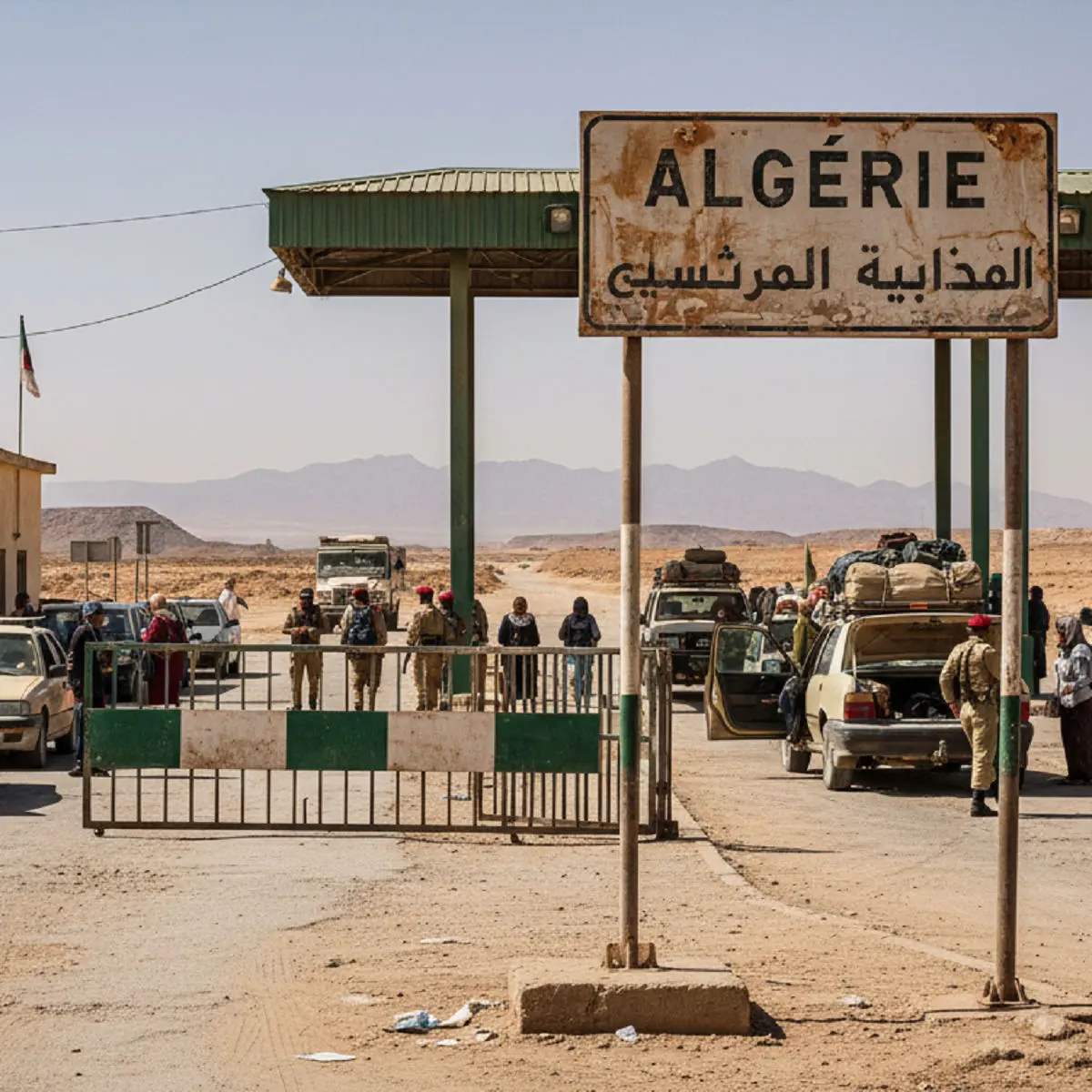
Most travelers from the US, UK, EU, Canada, Australia and similar countries must obtain a visa before arriving in Algeria. There is no true visa-on-arrival for these nationals. The visa process can be bureaucratic: you typically apply at an Algerian consulate or embassy in your home country at least a month or two before travel. Required documents include a passport valid 6+ months, passport-sized photos, proof of accommodation, and especially a letter of invitation (lettre d’invitation). This formal letter can be issued by an Algerian resident or a registered travel agency/tour operator and must outline your itinerary (dates and places to visit). Some embassies also ask for an authorization form stamped by the Algerian Ministry of Interior, which your sponsor in Algeria arranges.
Tour operators often assist with visas for clients. If you book a guided tour or stay in a hotel that advertises support for visas, they can sometimes supply the necessary invitation paperwork. Still, allow several weeks for processing. Visas are usually single-entry for 30 to 90 days, depending on nationality, and fees vary. Itineraries should be detailed, as border officials may ask to see them. If your travel has gaps (for instance, leaving parts of the trip open), be prepared to justify it (e.g., “I may visit Tizi Ouzou if time allows, but it’s unplanned”). Having hotel confirmations (or letters from guides) for each segment helps.
As of 2025, Algeria has hinted at e-Visa schemes to boost tourism, but these are limited in scope. Some reports mention an e-visa pilot for a few nationalities, yet the safest assumption is no e-visa until officially launched. When booking flights to Algeria, check if airlines or agencies offer visa assistance. However, do not rely on being able to get a visa on arrival – most airports will reject anyone without prior visa clearance.
Note: Nationals of a handful of countries (often Gulf States, Russia, etc.) may get visas on arrival or are visa-exempt. Always verify with the latest government sources. Dual nationals of Algeria must enter on an Algerian passport.

Algeria’s climate varies dramatically north to south, so “best time” depends on where you’re headed.
In short: Shoulder seasons (spring and autumn) cover most needs. If you can only travel in winter, stick to the Sahara and Mediterranean; in summer, limit to high mountains or coastal areas to beat the heat. Always check local weather forecasts for the regions on your itinerary, as conditions can vary widely even between neighboring towns.
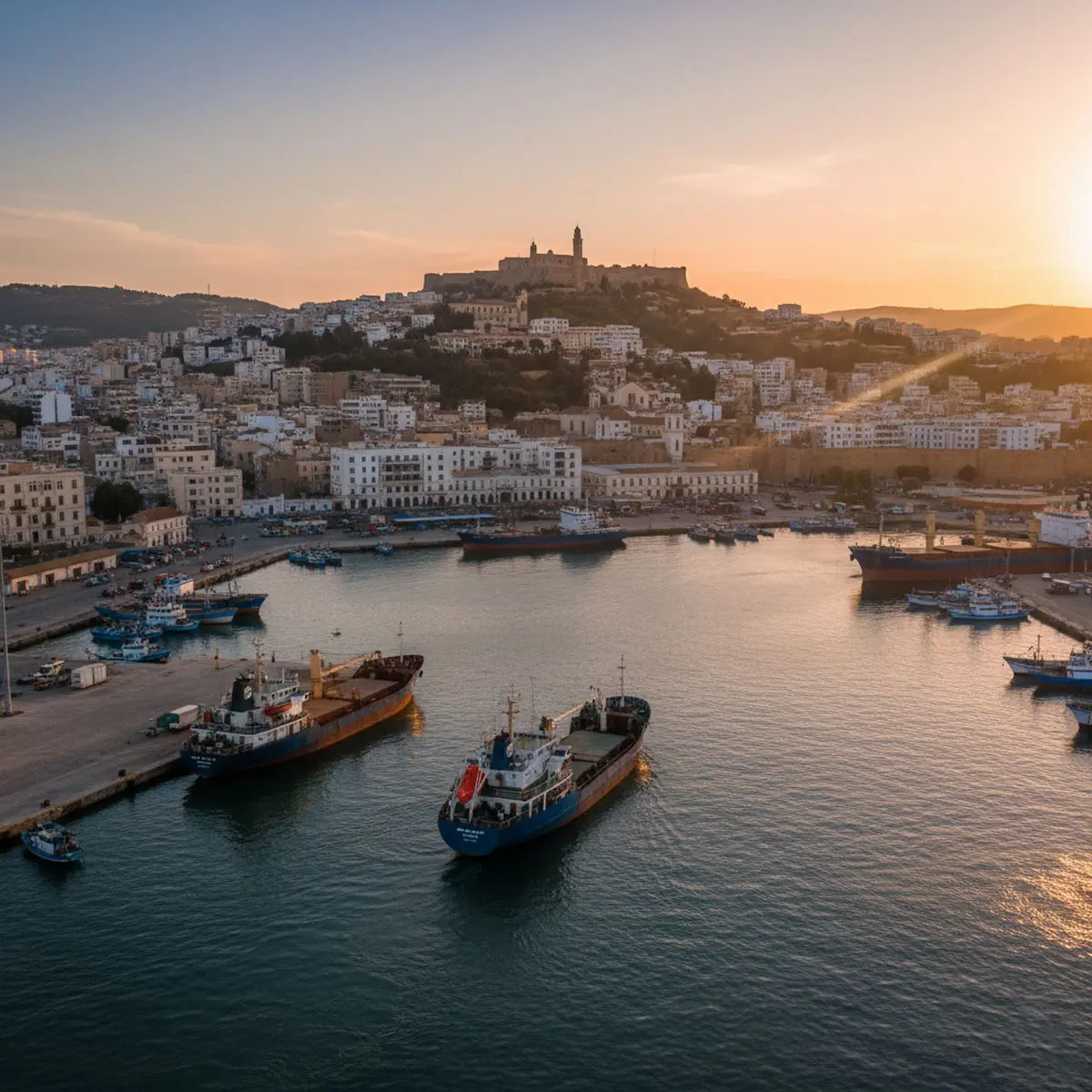
Algeria is reachable by air and by Mediterranean ferry.
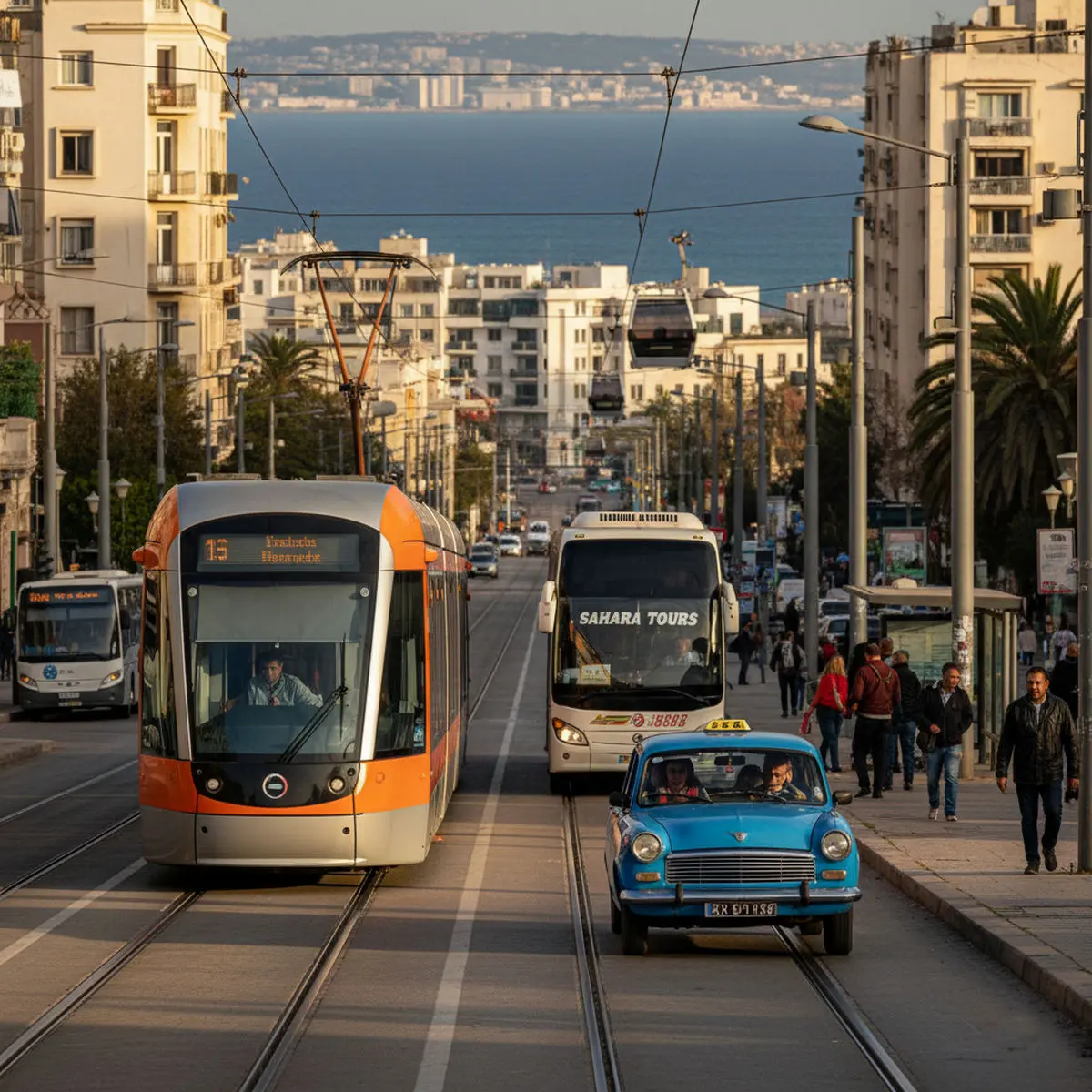
Transport in Algeria is improving but still requires planning. Major cities are connected by road, rail, and air, though schedules may be irregular.

Algeria is one of North Africa’s least expensive destinations, but visitors should understand the cash-centric economy.
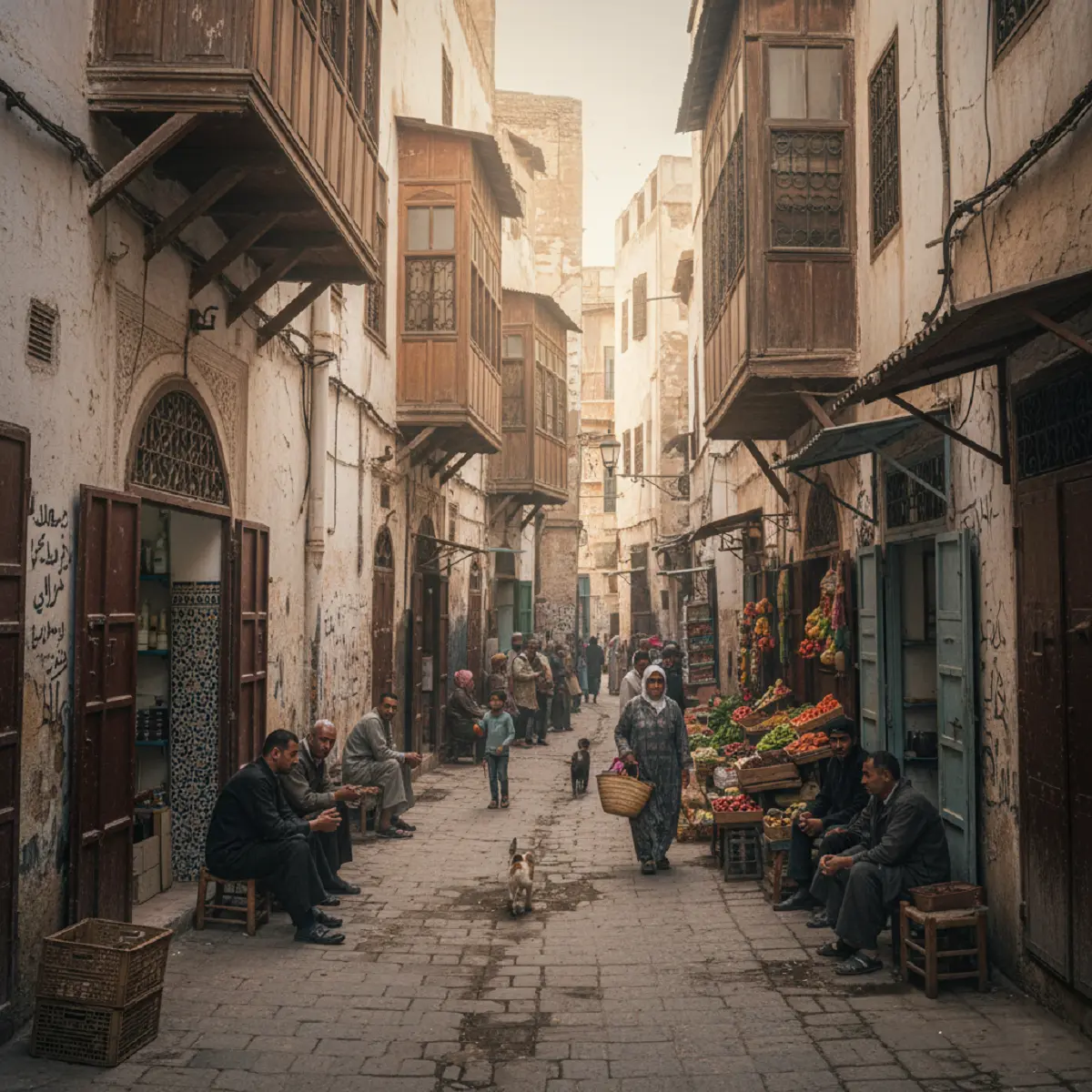
Staying connected is straightforward in urban areas, with good mobile and internet coverage, though it thins in the south.
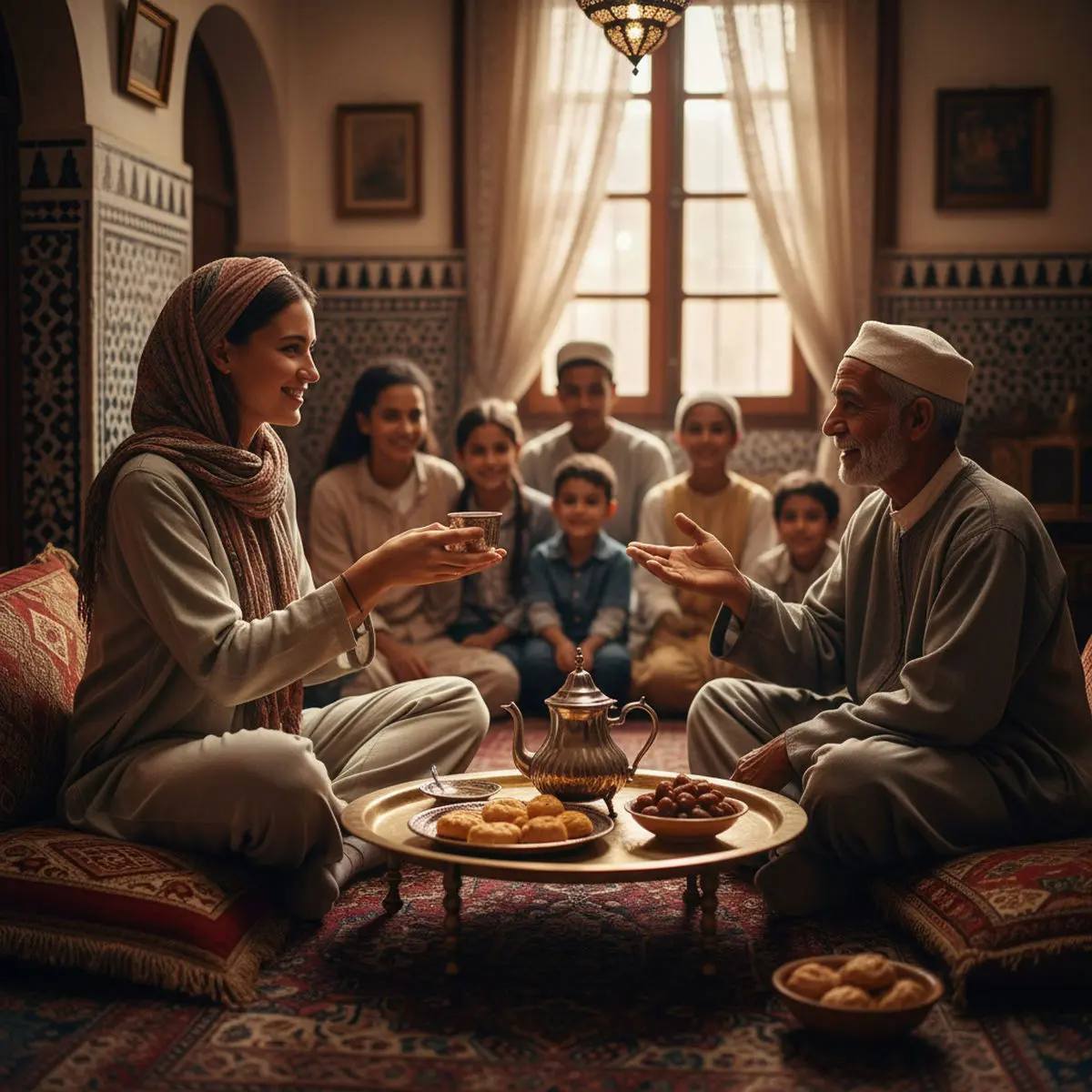
Algeria’s social norms blend Arab, Berber, and French influences. Observing local customs makes for smoother interactions and shows respect.
In all interactions, showing respect for Algerian hospitality will go far. Answer questions about your origin with pride, but be tactful about politics. If invited into a home or shop, accepting tea or a small gift of food is polite. Handshakes and warm farewells (“Ma’a salama” – go with peace) end visits nicely.

Algeria’s highlights range from ancient ruins to Saharan oases. Here are the must-see destinations and sites:
Each of these places tells a part of Algeria’s story – from Roman empire outposts to Berber kingdoms to colonial ports. Weather permitting, most are best visited in daylight (except perhaps Oran or Algiers at sunset). Allocate your time by prioritizing those that interest you most, and allow travel days for the vast distances.
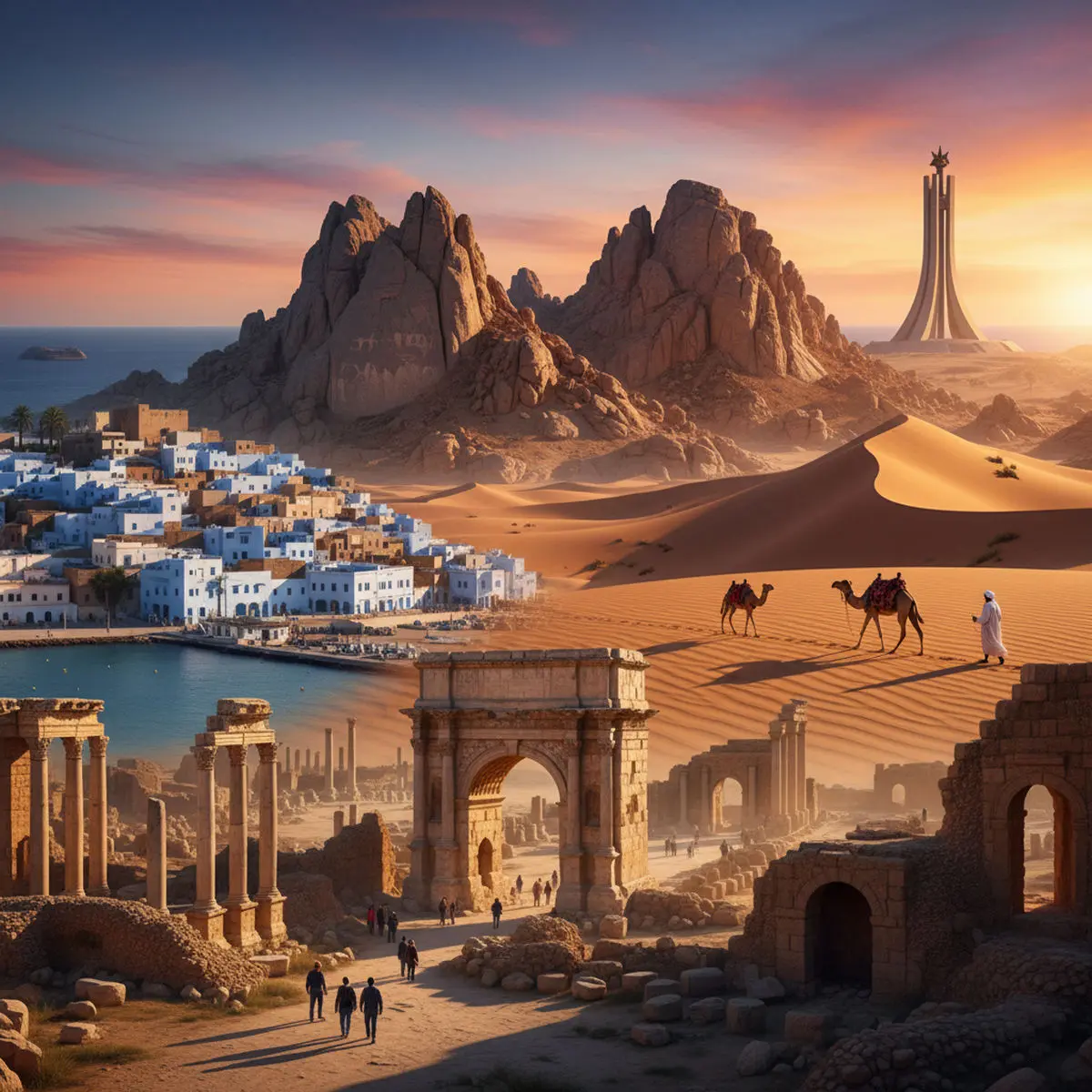
For travelers wondering how to weave these highlights together, here are sample roadmaps for different trip lengths. These are suggestions only; adjust for flights, interests, and pace.
7-day Highlights:
10-day Roman North + M’Zab Loop:
1–4. As per 7-day itinerary (Algiers & Tipasa, Constantine, Djemila).
14-day Grand Tour (North + Sahara):
1–8. As per 10-day itinerary.
Each itinerary blends culture and scenery. Algeria’s public transport may not match Western schedules, so consider hiring local drivers on multi-day legs for flexibility. Early booking of flights is wise, as domestic seats fill fast in peak seasons.

Algerian cuisine is hearty and flavorful, reflecting Mediterranean, Arab, Berber, and French influences. Here are essentials:
Sample meal plan in Algiers: Couscous lunch at a local gasthaus; mid-afternoon coffee/tea with makroudh; harira soup and grilled lamb chops for dinner. Breakfast might be just tea and bread. Always ask if dishes are halal (pork is illegal in Algeria, alcohol isn’t in cooked meals).
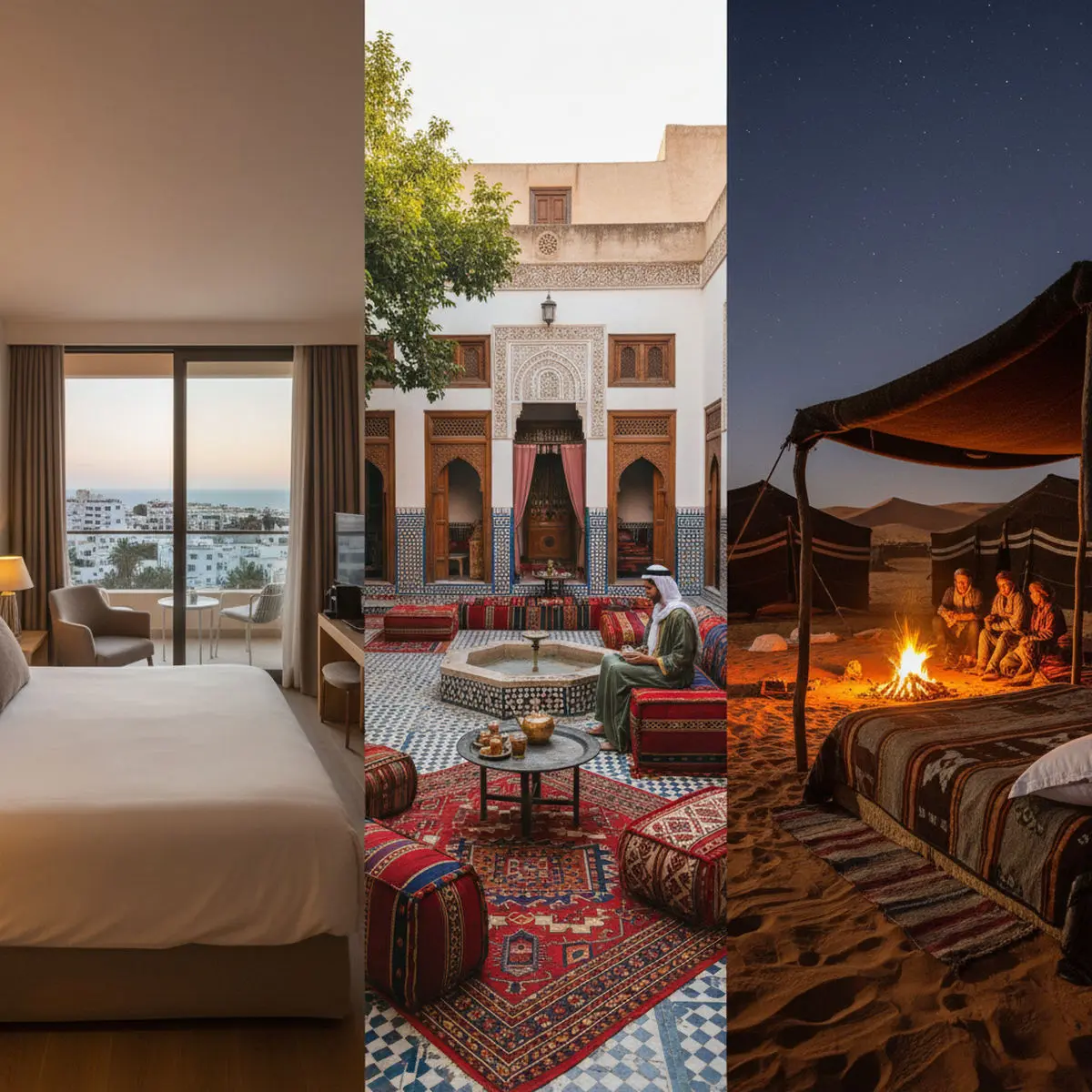
Accommodation in Algeria ranges from budget hostels and mid-priced hotels to a few boutique options. Plans should reflect both region and style:
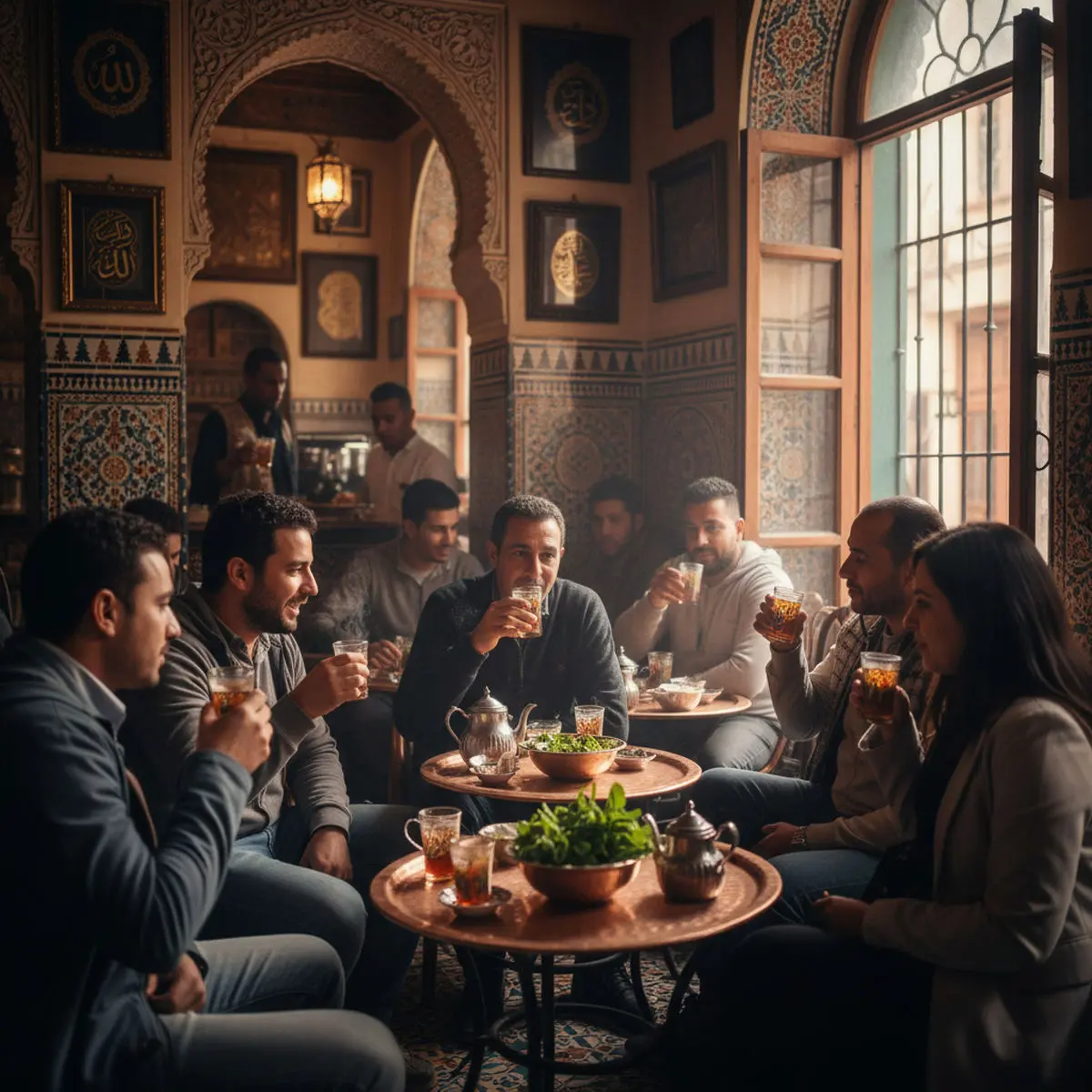
Algeria’s cultural calendar has lively events that reveal local traditions. If you time your visit right, you’ll gain unforgettable experiences beyond sightseeing:
Attending an Algerian festival requires flexibility: English-language information is scant, so use a guide or local fixer. Dress conservatively, be patient with schedules (start times may slip), and most of all, enjoy the hospitality of people eager to share their culture.
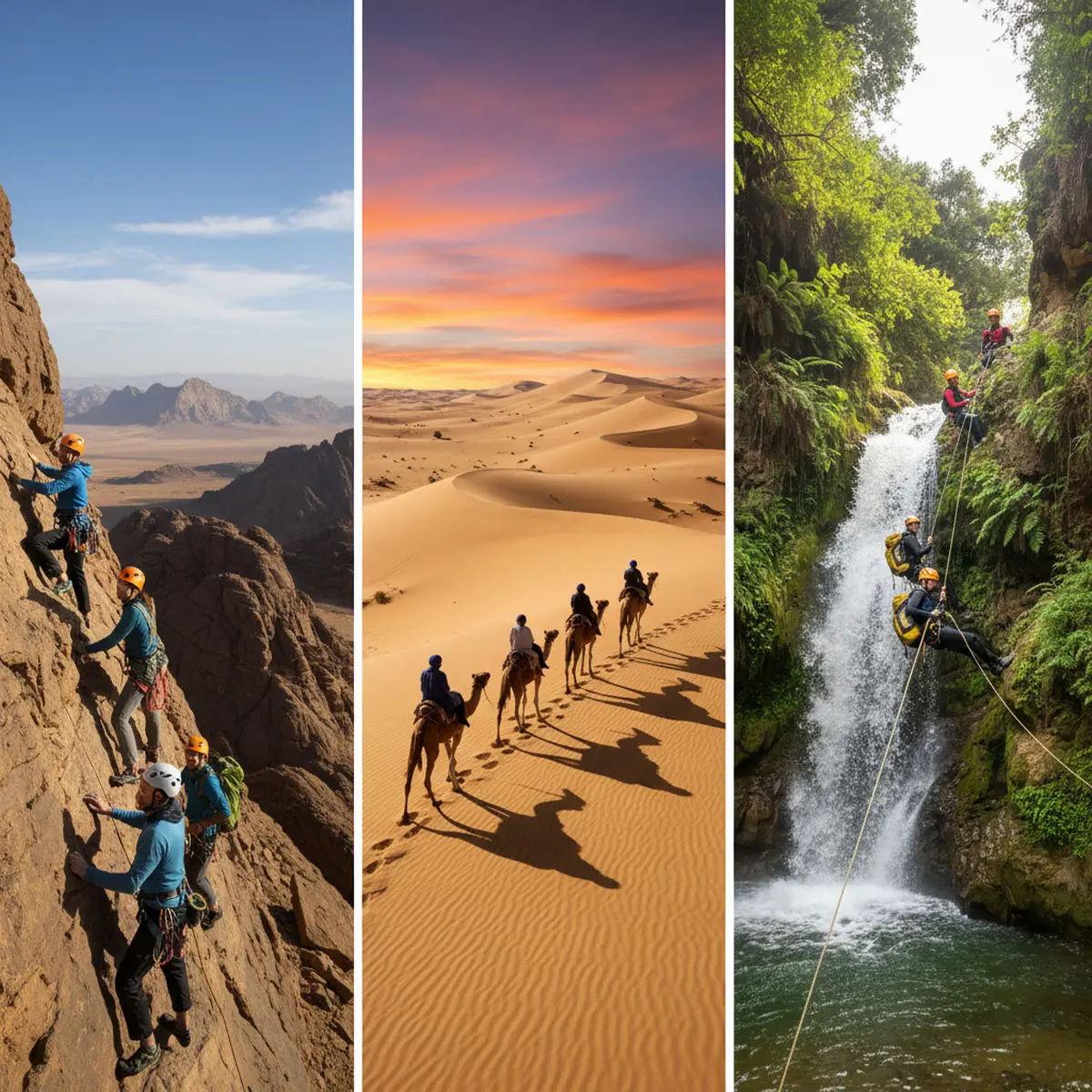
Beyond cities and ruins, Algeria offers thrilling adventures for outdoor enthusiasts, from moonlike deserts to forested mountains.
Adventure in Algeria is as much about the journey as the challenge. Whether you’re camel-trekking into silence or cresting a Saharan dune, remember that the environment is fragile. Book with responsible outfitters who share local knowledge without causing harm.

Visiting Algeria’s natural wonders and communities comes with a duty of care. Here are best practices to minimize your footprint and maximize positive impact:
Algeria is in the early stages of sustainable tourism. By traveling responsibly – respecting both the environment and local culture – you help ensure that communities welcome visitors for generations. Act as a guest in someone’s home: generous and careful.

When visiting Algeria, packing thoughtfully ensures comfort across its varied climates and customs:
Leave any valuables (wedding rings, expensive jewelry) at home. Cash is king in Algeria, so secure wallets and belts or pouches are useful. Pack light and layer: you’ll be gaining and shedding garments as temperature swings between Sahara days and city nights.

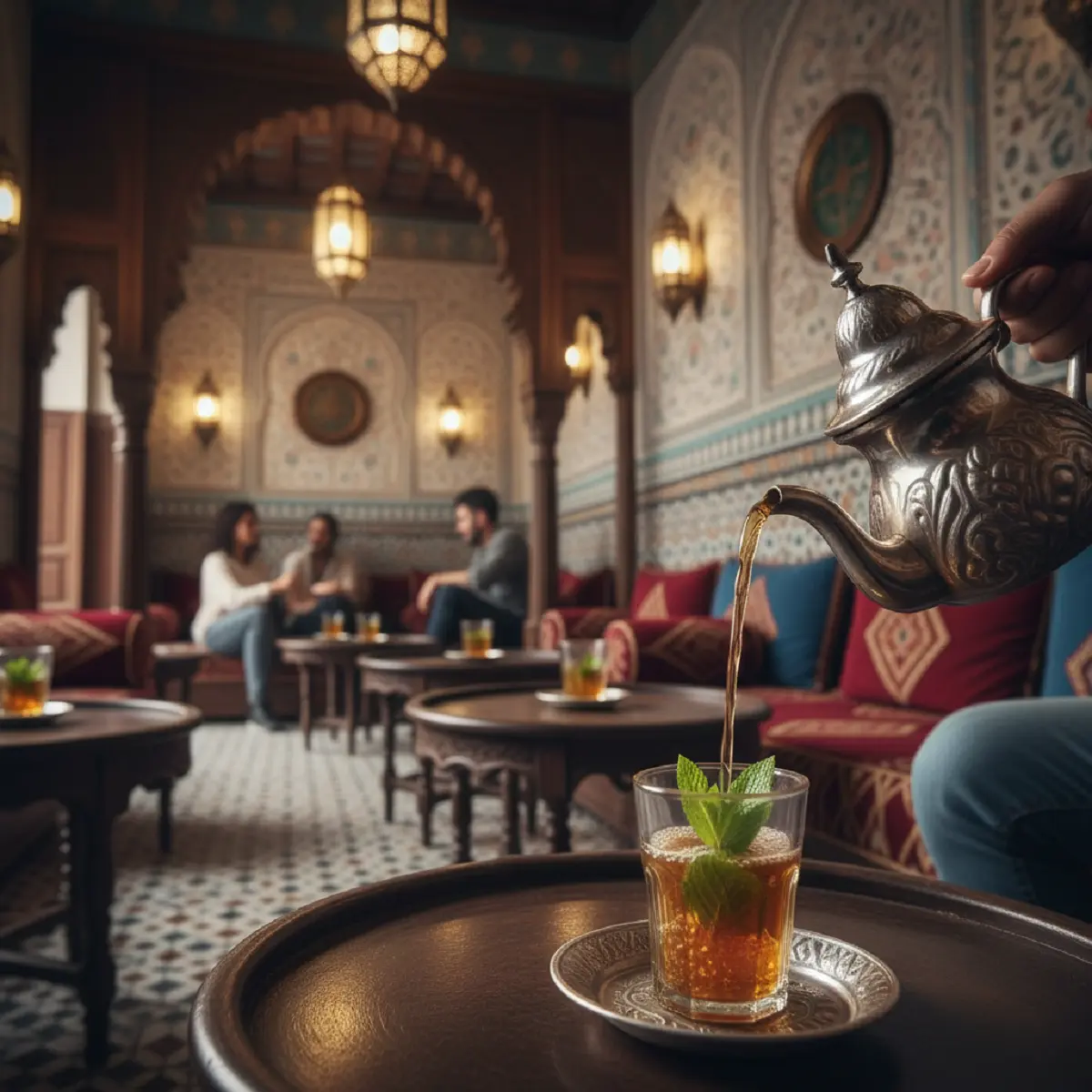
With these phrases and tips in hand, you’ll be ready to explore Algeria with confidence. Its history and landscapes are well worth the effort – the memories of vibrant kasbahs, desert nights, and friendly encounters will linger long after the trip ends. Safe travels and bonne route!
From London’s endless club variety to Belgrade’s floating river parties, Europe’s top nightlife cities each offer distinct thrills. This guide ranks the ten best –…

Examining their historical significance, cultural impact, and irresistible appeal, the article explores the most revered spiritual sites around the world. From ancient buildings to amazing…

Discover Greece's thriving naturist culture with our guide to the 10 best nudist (FKK) beaches. From Crete’s famous Kokkini Ammos (Red Beach) to Lesbos’s iconic…

Lisbon’s streets have become a gallery where history, tilework and hip-hop culture collide. From the world-famous chiselled faces of Vhils to Bordalo II’s trash-sculpted foxes,…

With its romantic canals, amazing architecture, and great historical relevance, Venice, a charming city on the Adriatic Sea, fascinates visitors. The great center of this…
